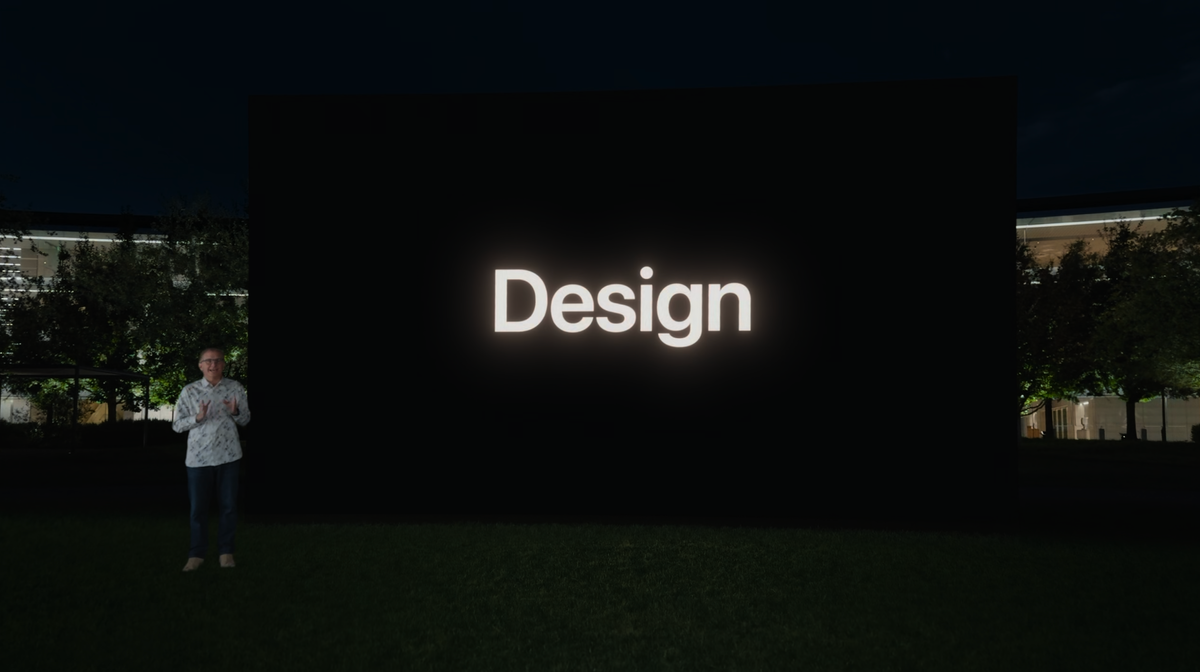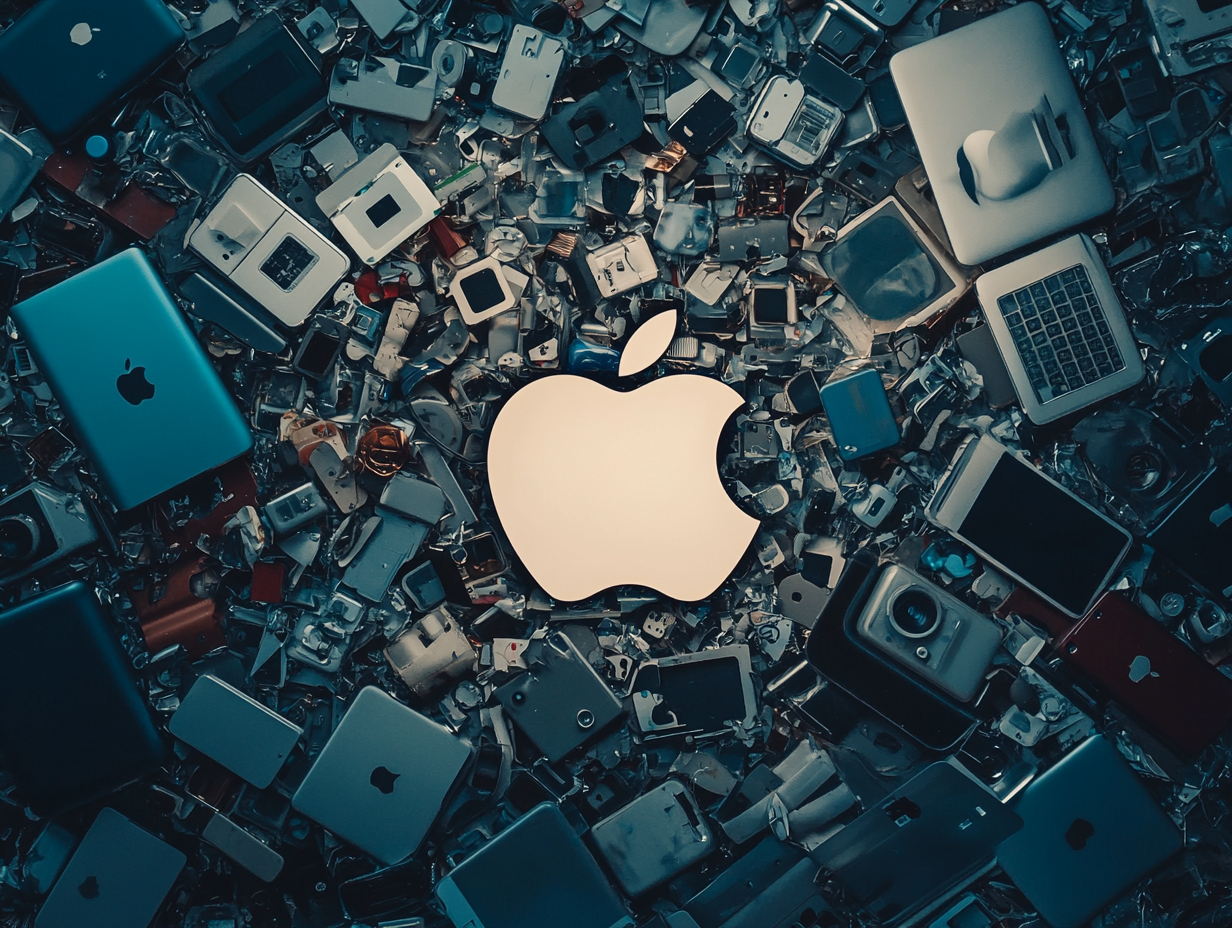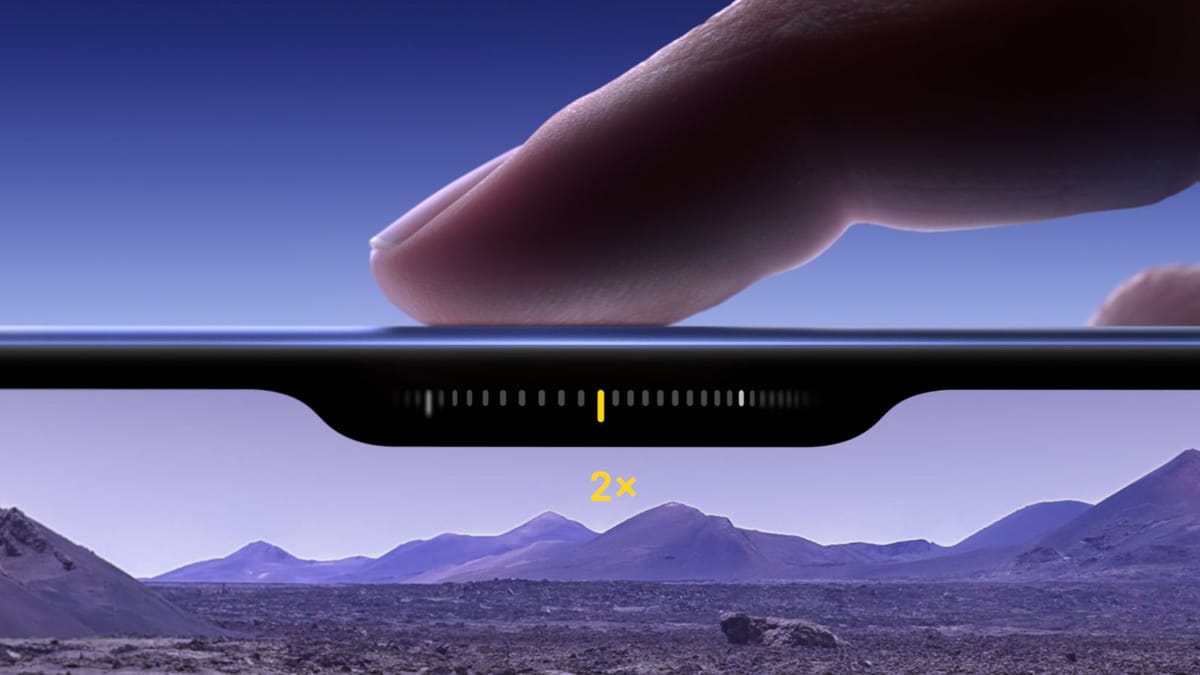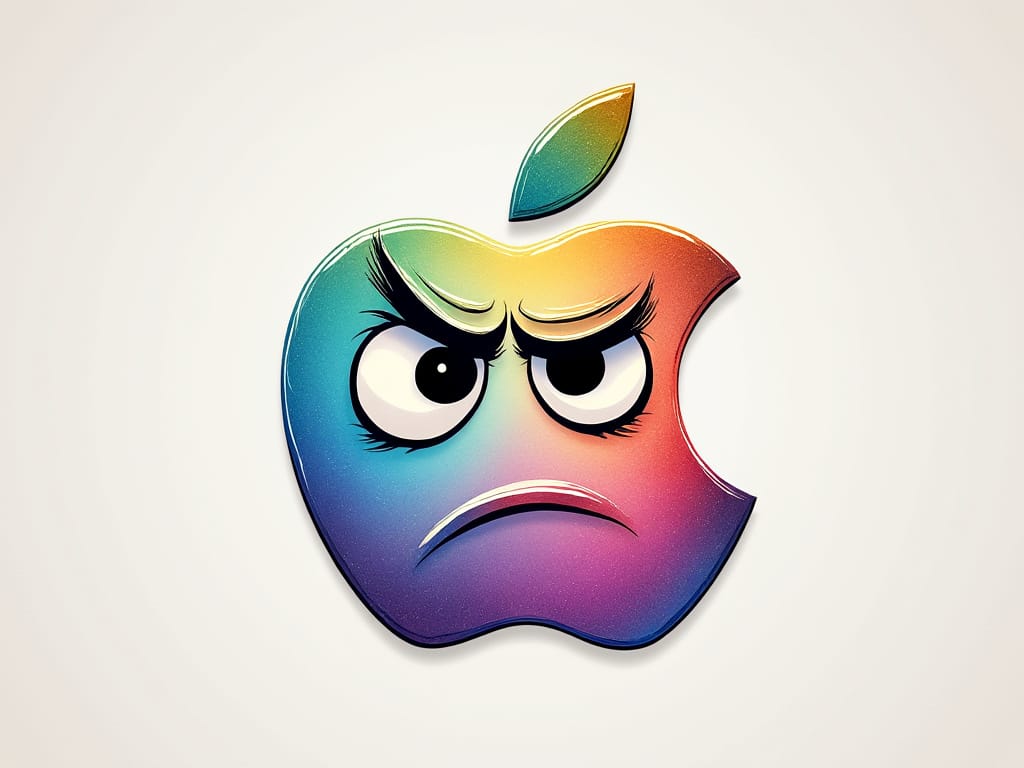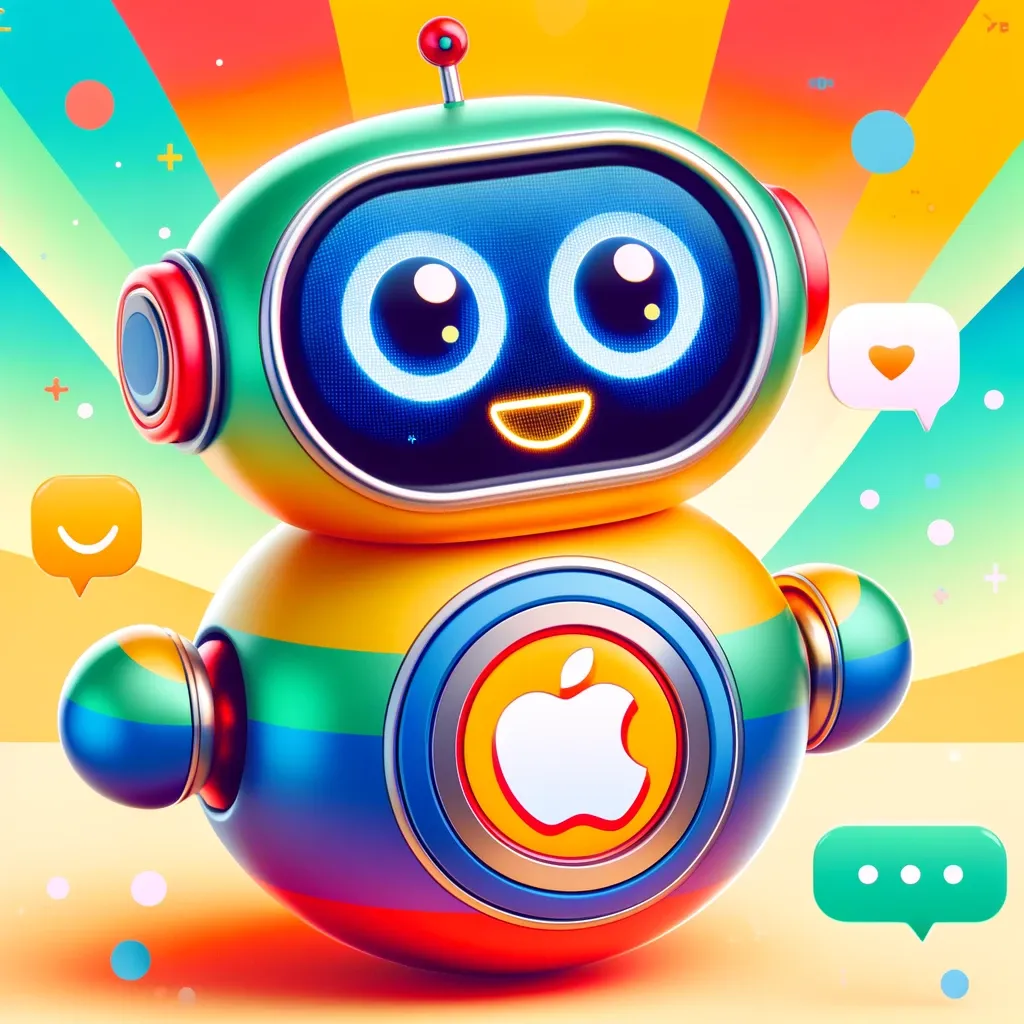|
You may have noticed that I didn’t send out one of these dispatches yesterday. I did send out a post to all subscribers, but it was in the form of a 2,000-ish word column about Apple’s latest iPhone event and how I believe it showcased the growing need for Apple to have an “editor” once again. Like you-know-who back in the day. Anyway, that plus preparing for travel delayed my posting, so today’s is a bit longer than usual. Hello from 35k feet, btw. First time sending this from a plane — and entirely written on my iPad. Which, despite my rant, remains just a wonderful device. Especially on a plane. ✈️ Sent from somewhere over the Atlantic…
Some Thoughts...⛓️💥 Is the Google Breakup Coming? – Andy Kessler makes the case that the government shouldn't break up Google as such break-ups are often pointless. And really, given enough time, the market tends to do the work itself; my point in a related column about Microsoft a few weeks back. Instead, he thinks more companies should break themselves up. By clinging on to the concept of bigness, they hold themselves back in many ways. And while Wall Street likes revenue growth, they also like spin-outs – and perhaps eventual spin-back-ins. It's a compelling thought in our age of AI – as it was in the Cloud era which is now maturing. The companies would say these services are not just central, but vital to what they do, but there are several downsides to trying to compete as a division inside a massive company – such as the government getting involved! [WSJ 🔒] 🎙️ Mark Zuckerberg Tapes a Podcast With 6,000 Friends — Sort of wild to see the Acquired podcast now doing events at the Chase Center in San Francisco — yes, where the Warriors play. But also warranted; those guys do their homework, literally. And so while the article of course mentions the “Going Direct” trend for folks like Zuckerberg, I believe it’s just as much about wanting to talk to people who actually know certain subject matter enough to have a good conversation. That knowledge element is the thing journalists should focus on, not the fawning. And I swear I’m not just saying all this because of this tweet. [NYT] 💸 OpenAI Fundraising to Vault Valuation to $150 Billion — Remember the $100B valuation floated just a couple weeks ago? Yeah, that was a floor. (The price was always stated to be “above” $100B — though this is quite a bit above!) Microsoft, Apple, and NVIDIA won’t really care about the price — this isn’t about the potential financial return, but the partnership — but VCs obviously will. At these prices, some are obviously making a bet that OpenAI is perhaps the next company to join those aforementioned ones in the trillion-dollar club, one day. As NYT notes, not only does this having the valuation of the company soaring past SpaceX — something which will not be lost on estranged co-founder Elon Musk — but it’s way past the falling knife that currently is Intel. In fact, it’s nearly double Intel’s market cap. [Bloomberg 🔒] 🕹️ Sony’s PS5 Pro is a Pricey Test of Next-G Consoles — There was a time when one might have assumed that the proliferation of smartphones, with their ever-increasing power and, as such, gaming capabilities, would have pushed consoles in the direction of yearly upgrades and more competitive pricing. But instead, the opposite has sort of happened. The hardware cycles are now longer — eased a bit by mid-cycle “bumps”, like this ‘PS5 Pro’ — and the consoles are getting more expensive. (To be fair, so are smartphones.) The consoles are becoming more like PC gaming rigs. Except, of course, for Nintendo, which is seemingly going to continue down the Switch path of portability (and better price points — with great IP comes great flexibility, it seems). Things might have been different had Microsoft actually been able to challenge Sony around the world, but Xbox has long had a weird, almost flailing-around strategy. [The Verge] 📲 AI Will Not Fix Apple’s Sluggish iPhone Sales Any Time Soon — The Economist makes the case AI won’t truly help iPhone sales until “edge” (on device) AI is ready for prime time. At a high level, that does seem to be the bet that Apple is making, by using the cloud mainly as a fall-back for their Apple Intelligence systems (with ChatGPT as the ultimate fall-back, if Apple‘s own cloud AI can’t do something). Others, like Google, seem to have the opposite approach with the latest Pixel devices. Microsoft is sort of a hybrid with Copilot+ PCs. But the reality is that simply hype and marketing around AI should help Apple sell more iPhones — but it seems likely that it won’t happen until next year. When such features will truly transform the iPhone — that may be more in line with what The Economist is getting at here. [The Economist 🔒]
Some Apple Event Analysis...
As An Aside...- Sort of fun/wild: Google’s AI can now turn your research notes in their NotebookLLM product into a podcast – complete with mildly witty banter between the “hosts”. [The Verge]
- Less fun/more wild: (potential) fraud in the time of AI model benchmarks [VentureBeat]
- Mistral enters the multimodal race with Pixtral 12B, which is 24GB in size. [TechCrunch]
- Threads is trying to make it easier to send direct messages, but it's still using Instagram messages and really should be separate [TechCrunch]
- Apple's new sleep apnea detection for Apple Watch works by using the accelerometer to detect small wrist movements during sleep that an algorithm then ties to the issue. Sort of wild and hugely impactful if that works as intended (as Apple noted in the keynote, they're still waiting on regulatory approval, but expect to get it) [MacRumors]
- The PGA and LIV golf tours are meeting to hammer out a deal to (re)unify professional golf. They're trying to involve regulators early to get ahead of any antitrust concerns, but it's also sort of the definition of anti-competitive. [NYT]
- Amazon flipping on ads by default for all Prime Video viewers almost immediately dropped ad prices across the streaming ad market and keeps doing so given the 100M+ reach of that network. [The Information 🔒]
- 67.1 million people watched the Harris/Trump debate, which is just a staggering number of people to watch anything in real time in 2024. It blew away the Biden/Trump debate and was similar to the peak debates in 2016 and 2012— but again, those were very different times, pre-streaming. Hell, it almost matched the finale of Seinfeld over 25 years ago. And let’s be honest, that’s all Trump really cared about. [NYT]
- How fast is the new A18 Pro chip in the iPhone 16 Pro models? Roughly the same as the M1 chip (at least the version found in the Mac mini from 2020). Roughly 18% faster than the A17 Pro. [MacRumors]
- Faster 5G speeds for the iPhone 16 Pro too? [MacRumors]
- Google and The Wayback Machine are teaming up to show the option in Search to see websites as they were previously captured, which seems like a great partnership. [9to5 Google]
- Shocking: ESPN (and NBC) are interested in hiring Charles Barkley — if he were to walk away from his TNT contract, which he says he’s not going to do, even if parent Warner Bros Discovery can’t convince a court to give them some NBA games after next year. One way or another — M&A for WBD? — I suspect Barkley will be talking basketball elsewhere in a couple years… [The Athletic]
- The new — remote — CEO of Starbucks, Brian Niccol, is at least saying what sounds like the right things in his initial attempt to start to turn around the struggling coffee company. [CNBC]
- Schumpeter makes the case that Berkshire Hathaway, now a $1T company that is likely to struggle to find new deals that can move the needle simply thanks to the law of large numbers, should shift to paying dividends. (It did very early in Warren Buffett’s tenure, but stopped quickly.) [The Economist 🔒]
A Golden Oldie...
And I Quote...“Delivery of our components and our technology and our infrastructure and software is really emotional for people, because it directly affects their revenues, it directly affects their competitiveness. And so we probably have more emotional customers today…and deservedly so.”
— Jensen Huang, talking about the crazed state of securing NVIDIA chips, which is make-or-break for some companies to the point where they’re buying them from not only third-parties, but from competitors. The comment does lead to the question: are people actually breaking down and crying to get access to the chips?
|

